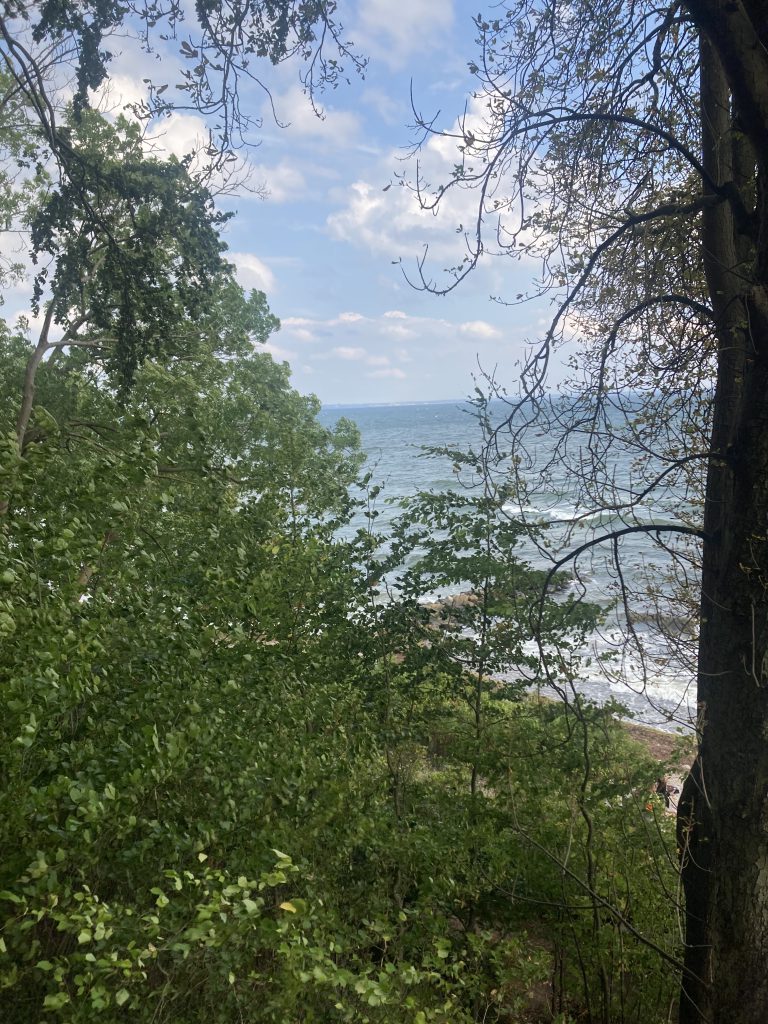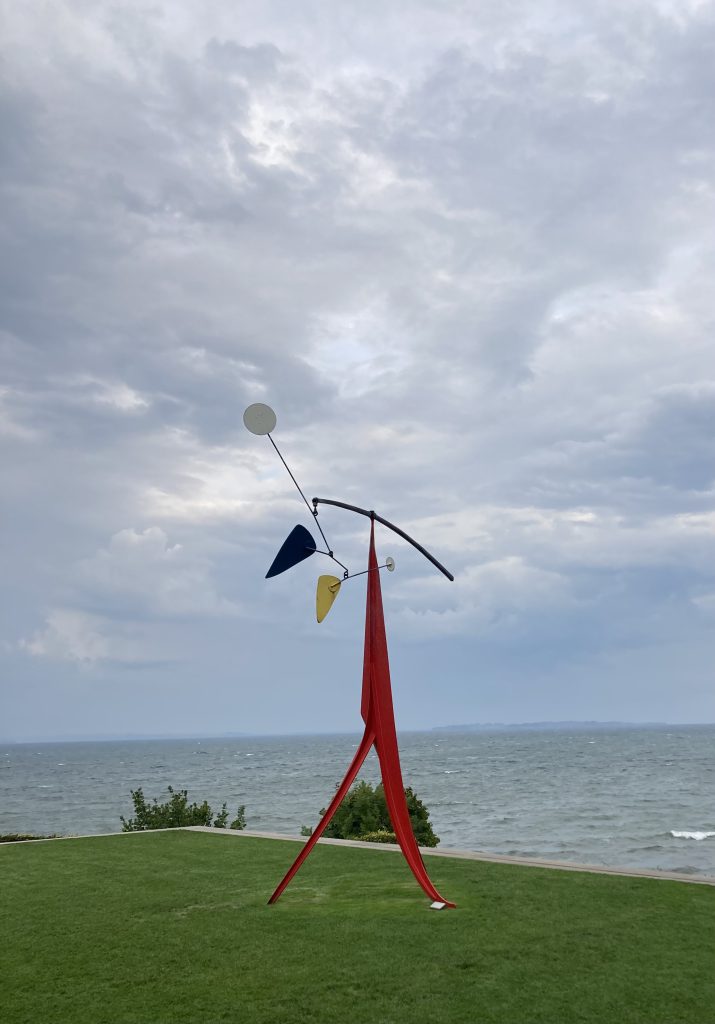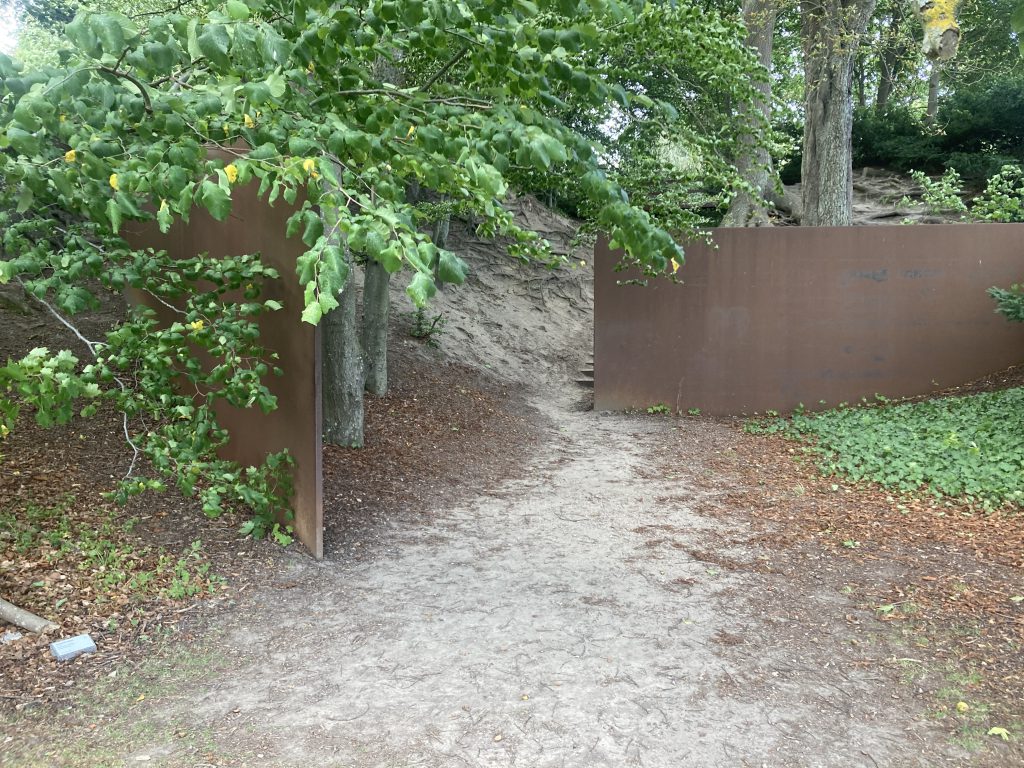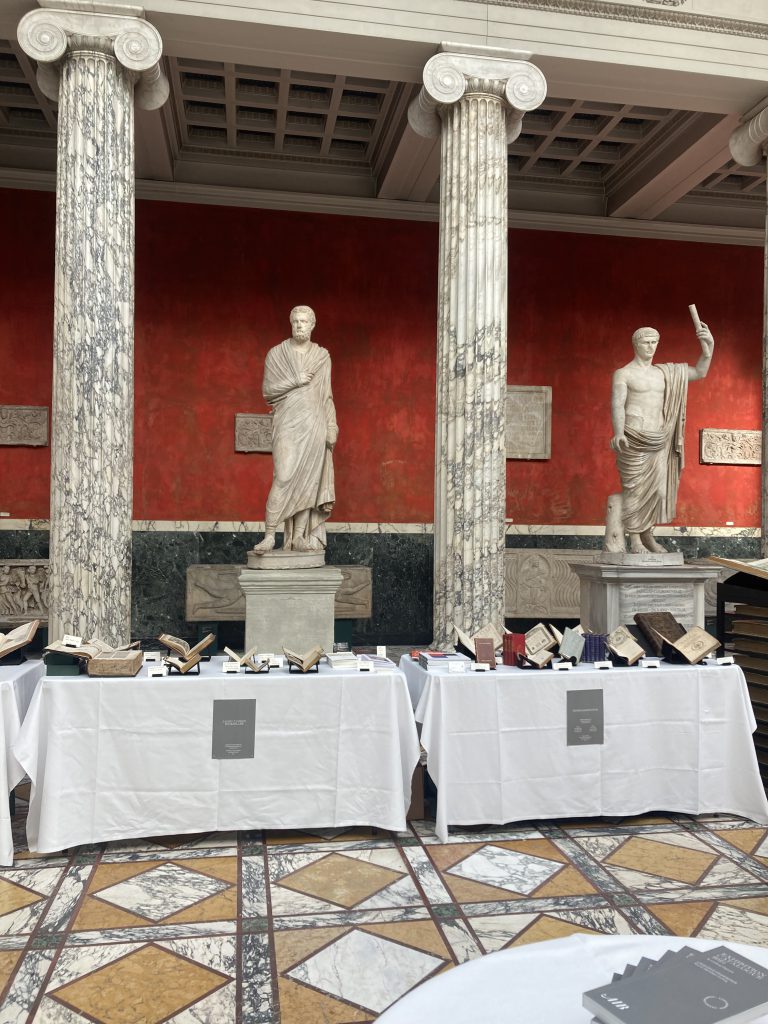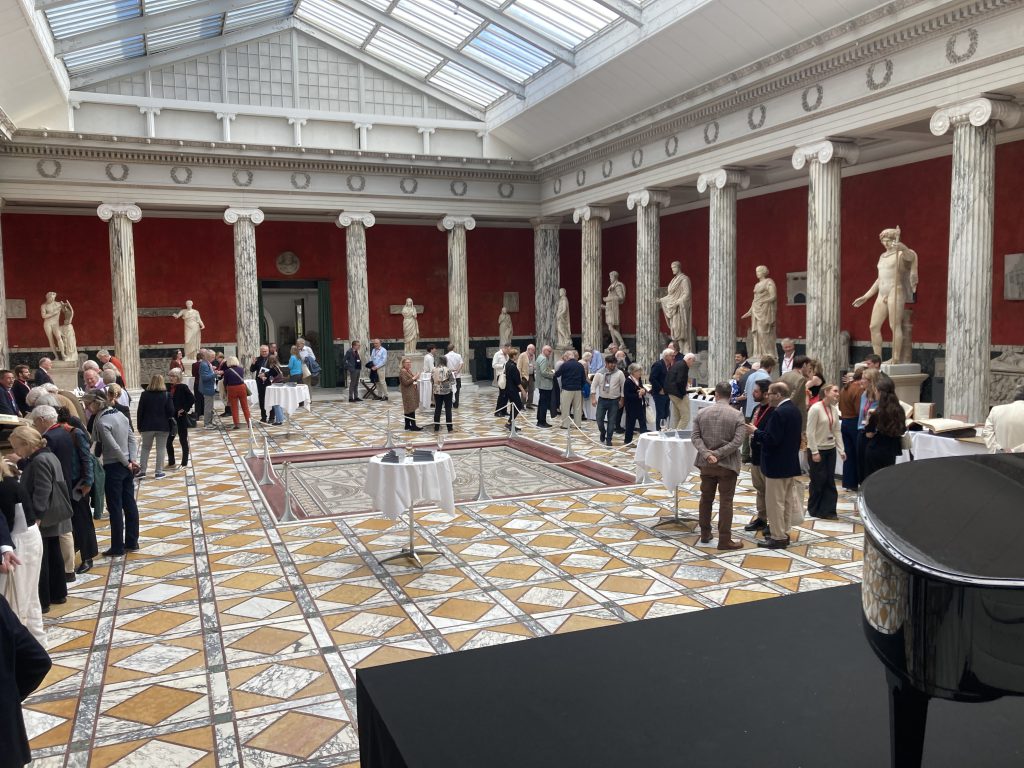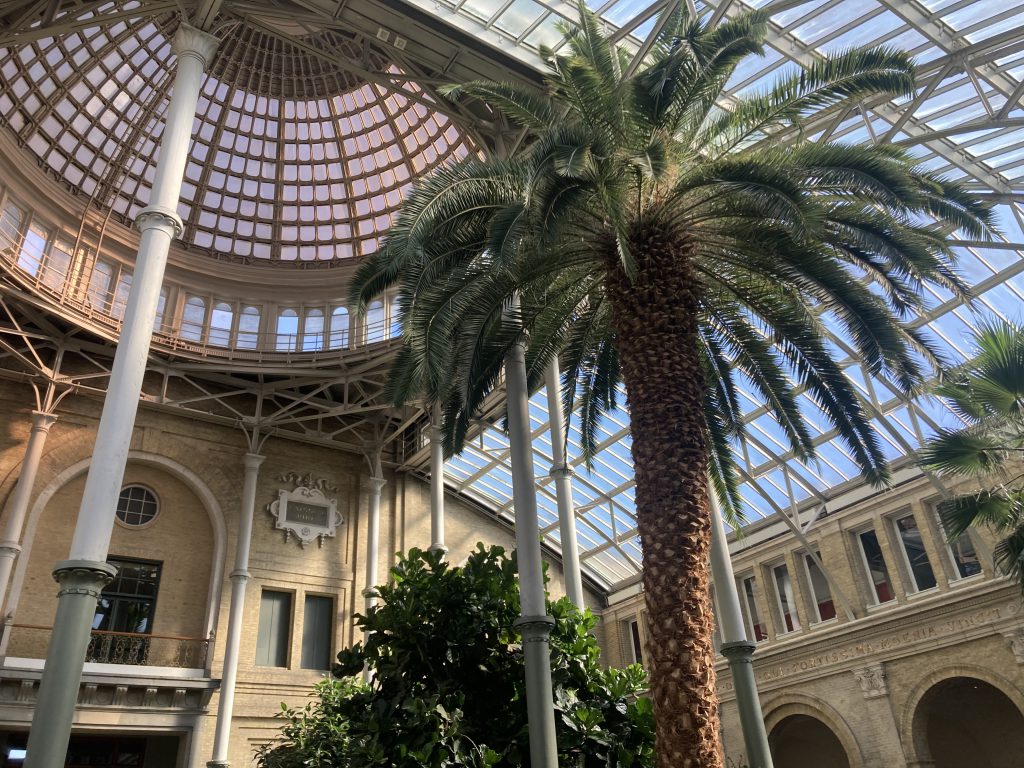recent reading :

journey into metaphor
— Mélissa Bonin. Lorsque les Bayous Parlent. When Bayous Speak. Poésies et Peintures. [2023]. Bilingual illustrated collection of evocative « voyages» into the bayou as “métaphore de la vie et du féminin”.
— — —
— Thomas Pynchon. Shadow Ticket. Penguin Press, 2025.
‘an outward and visible expression of paths not taken, personal and historical’
The first hundred so pages are dazzling paranoid fun set in end of Prohibition Milwaukee, with zany incidents and songs and gross-out confections and drinks. After Hicks McTaggart is encouraged to leave town for New York City and then fed a Mickey Finn and loaded aboard a transatlantic steamer, the pyrotechnics continue. The transition from Tangier to a Budapest-bound train is abrupt and, a bit cheesy at times, the book wobbles for a few a pages before returning to the deftly choreographed espionage play of language and fashion and color along the Danube. Plus a Moto Guzzi with a side-car, vacuum tubes, a theremin sextet, paranormal incidents, philately, Versailles-compliant golems, atrocious acronyms, and more.
— — —
— Frank Macshane. The Life of Raymond Chandler [1976]. Hamish Hamilton, [1986].
Excellent and sympathetic chronicle of Chandler and his struggle to get his novels written to his satisfaction. Plucked off the shelf to look up a date, gripped immediately and anew by the way MacShane allows Chandler’s own words (letters, essays, etc.) to tell the story. Chandler on style is not that far removed from Ruskin.
— John Ruskin. Letters on Art and Literature. Edited by T. J. Wise. Privately printed, 1894.
To J. J. Laing, 1854 : “If you are to do anything that is really glorious, and for which men will for ever wonder at you, you will do it as a duck quacks — because it is your nature to quack — when it rains.”
— Suave Mechanicals. Essays on the History of Bookbinding. Volume 9. Julia Miller, editor. Legacy Press, 2025.
— Patti Smith. Bread of Angels. Random House, [2025].
— Ellen Datlow, editor. Night. Dreadful Dark : Tales of Nighttime Horror [bound dos à dos with] Day. Merciless Sun : Tales of Daylight Horror. Saga Press, [2025].
— Paul Muldoon. Rising to the Rising. Gallery Books, [2016].
Now the world’s been brought low. The wind’s heavy with soot.
Alexander and Caesar. All their retinue.
We’ve seen Tara buried in grass, Troy trampled underfoot.
The English ? Their days are numbered, too.
— — —
— Margery Allingham. The Beckoning Lady [1955]. Penguin Books, [1961].
— Edmund Crispin. Buried for Pleasure [1948]. Penguin Books, [ca. 1980].
——. Love Lies Bleeding [1948]. Penguin Books, [1954].
— — —
commonplace book :
from The Deep Blue Good-By (1964) by John D. MacDonald, a list poem, with attitude (line breaks added) :
And I do not function too well on emotional motivations. I am wary of them. And I am wary of a lot of other things, such as
plastic credit cards,
payroll deductions,
insurance programs,
retirement benefits,
savings accounts,
Green Stamps,
time clocks,
newspapers,
mortgages,
sermons,
miracle fabrics,
deodorants,
check lists,
time payments,
political parties,
lending libraries,
television,
actresses,
junior chambers of commerce,
pageants,
progress,
and manifest destiny.
I am wary of the whole dreary deadening structured mess we have built into such a glittering top-heavy structure that there is nothing left to see but the glitter, and the brute routines of maintaining it.
— — —

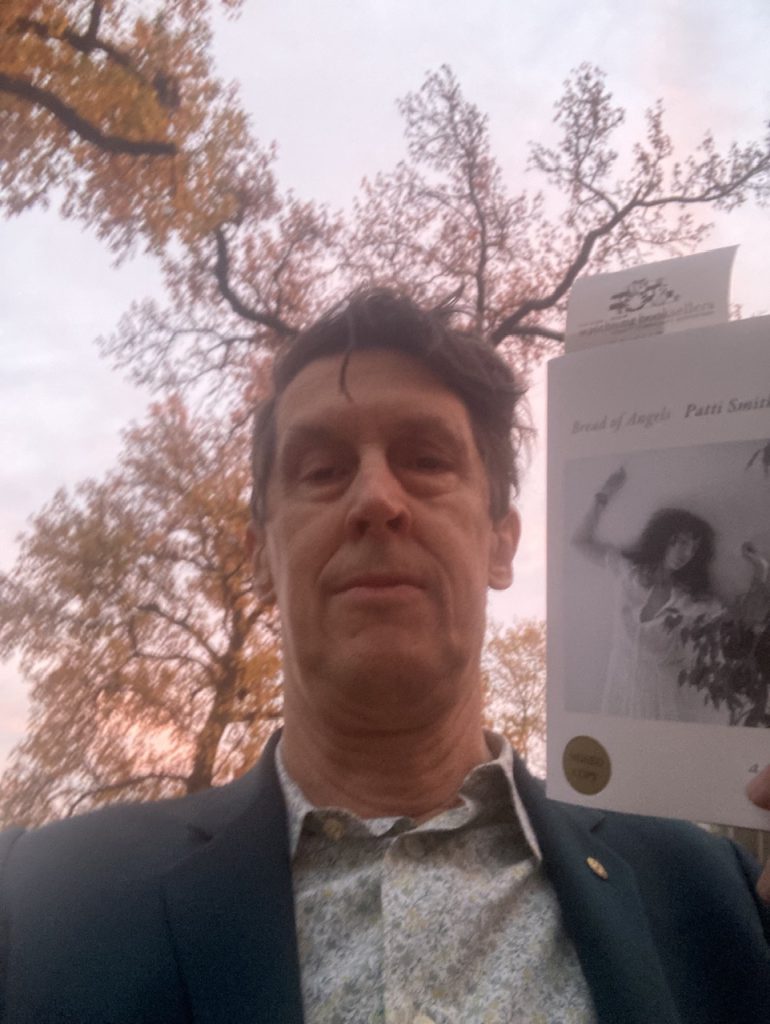
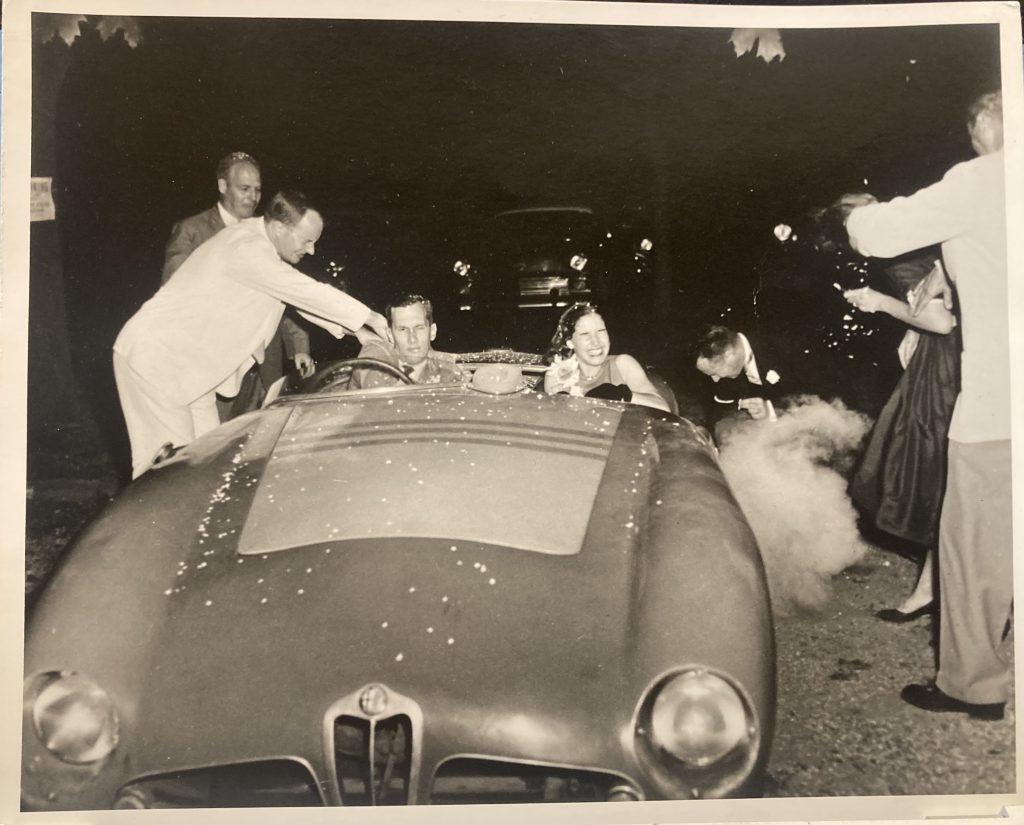
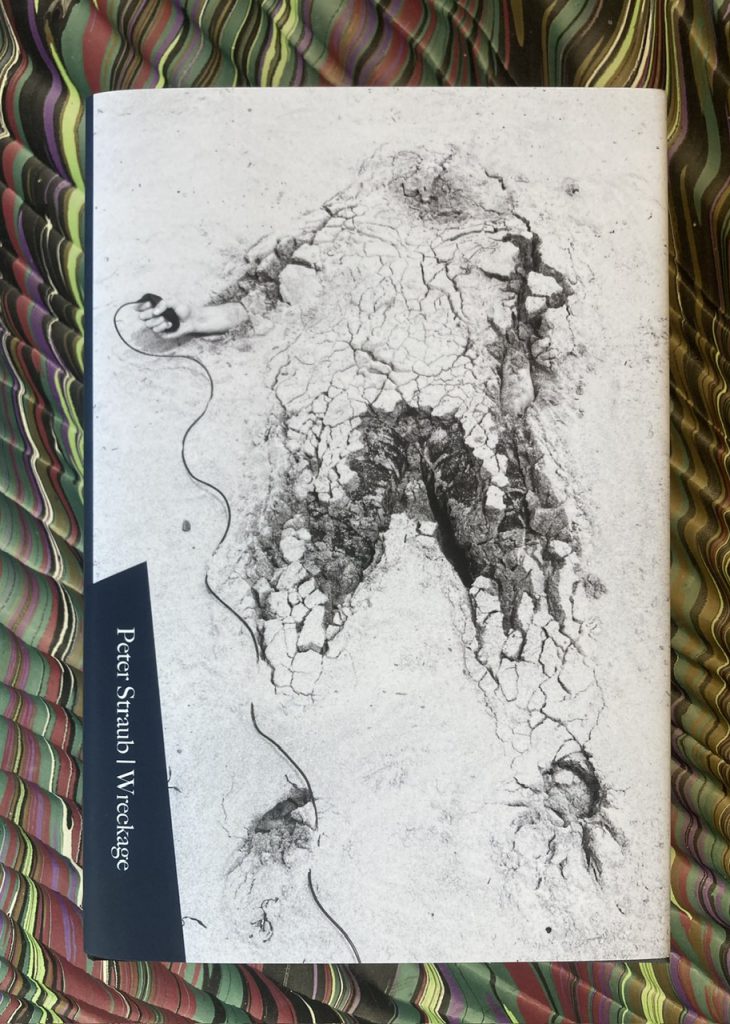
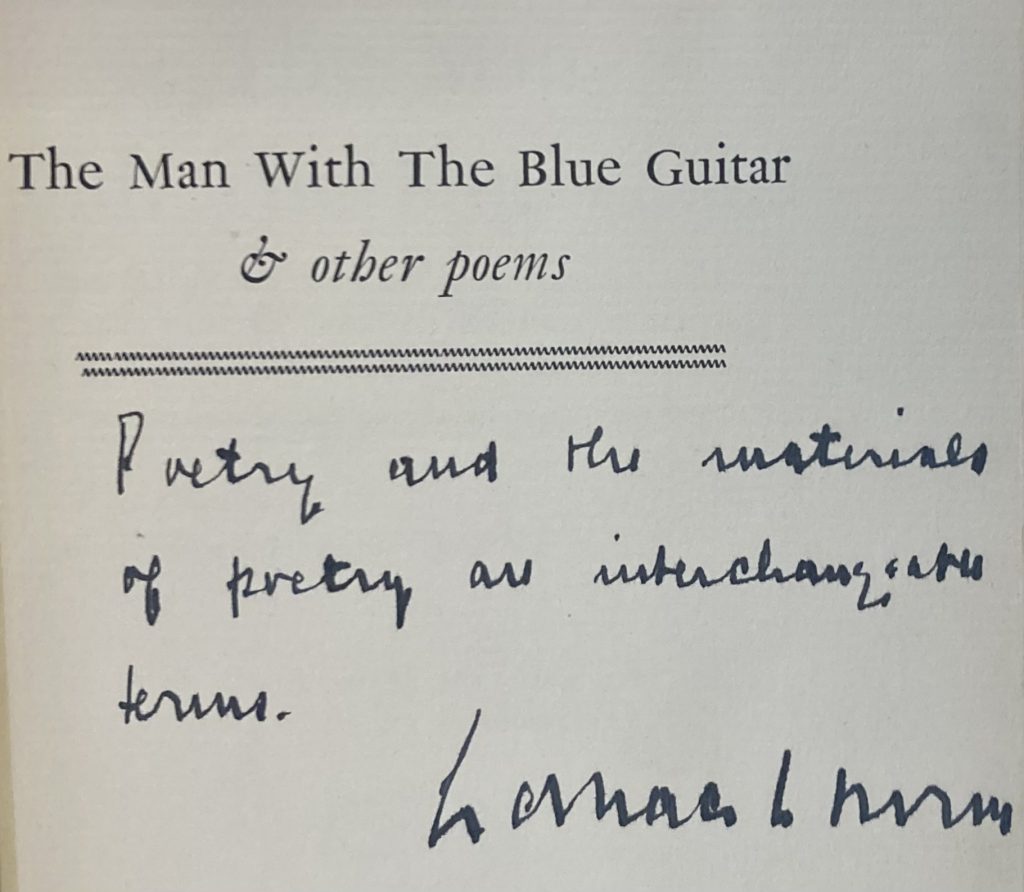 Poetry and the materials of poetry are interchangeable terms. Wallace Stevens
Poetry and the materials of poetry are interchangeable terms. Wallace Stevens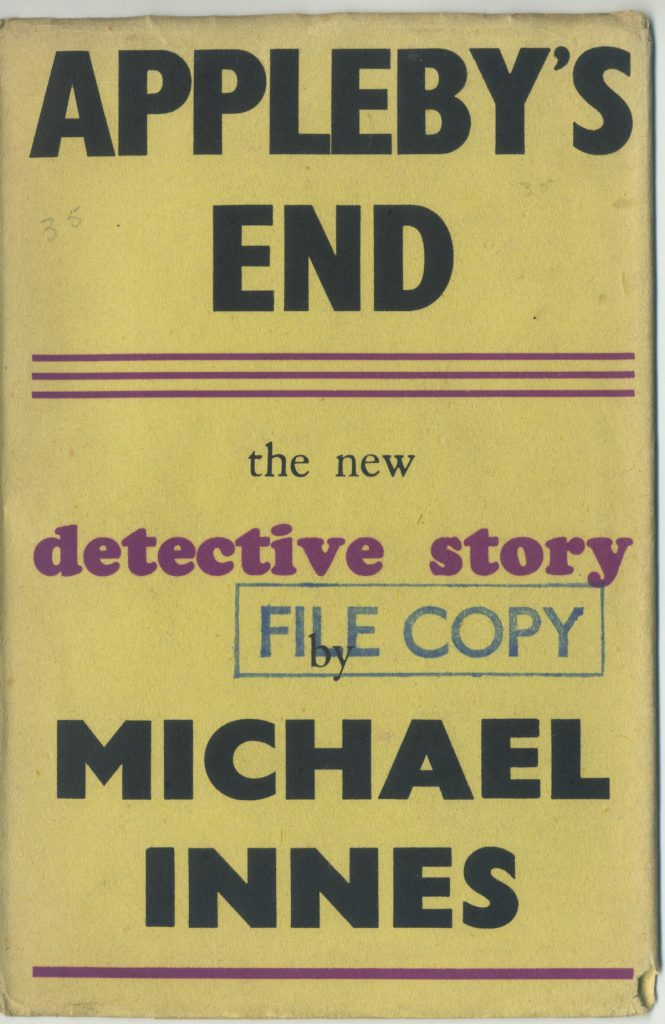
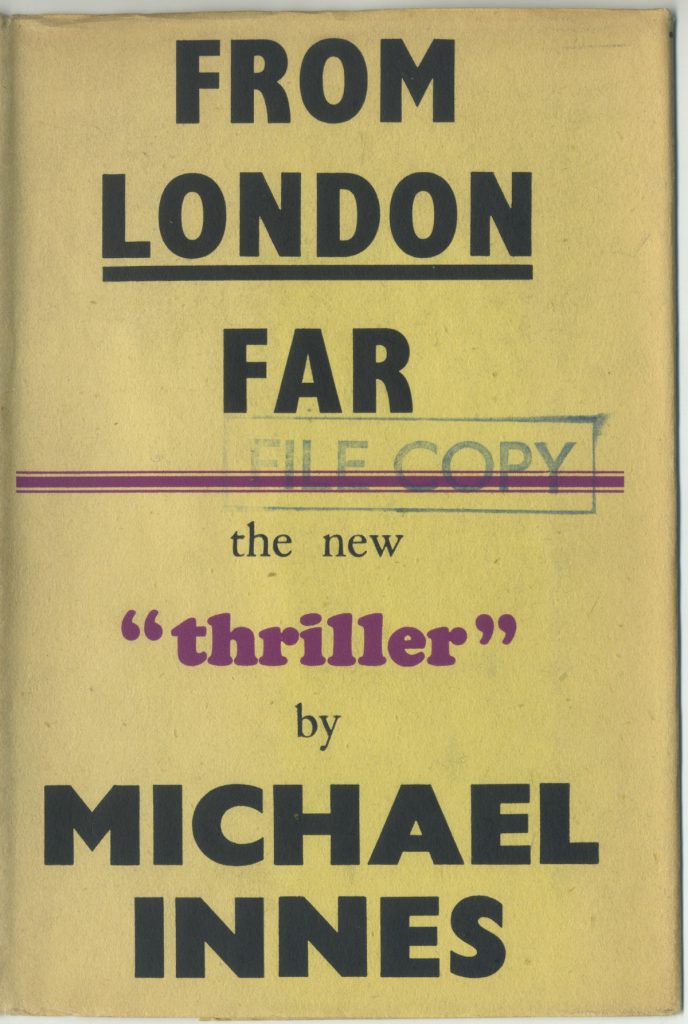
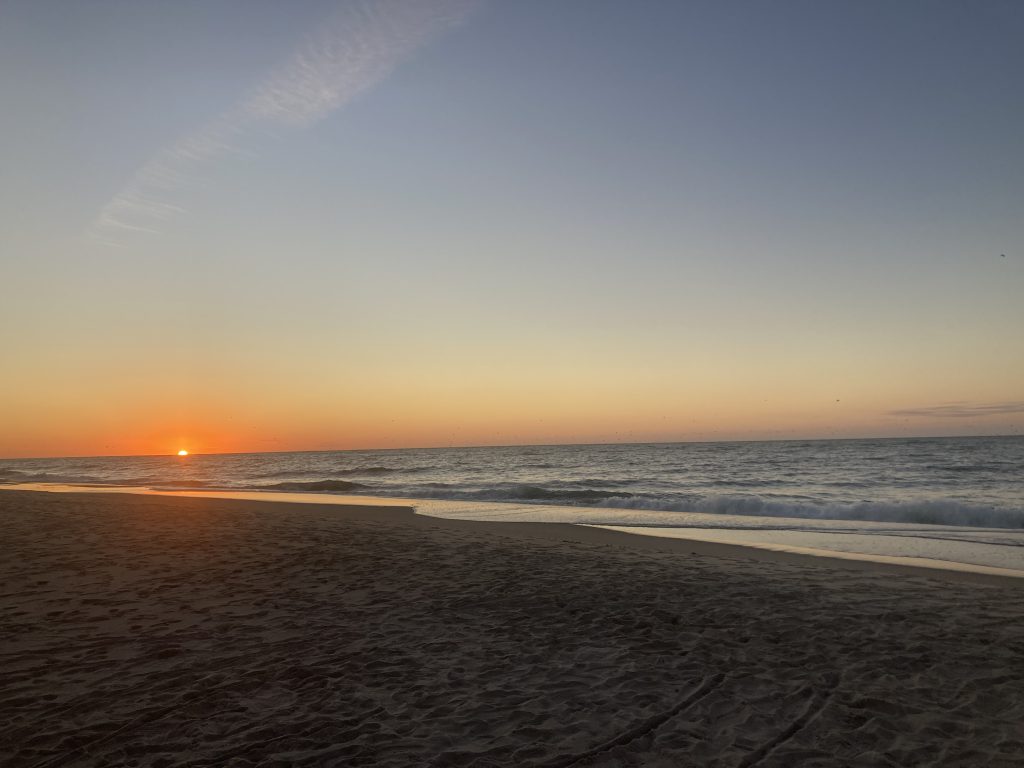
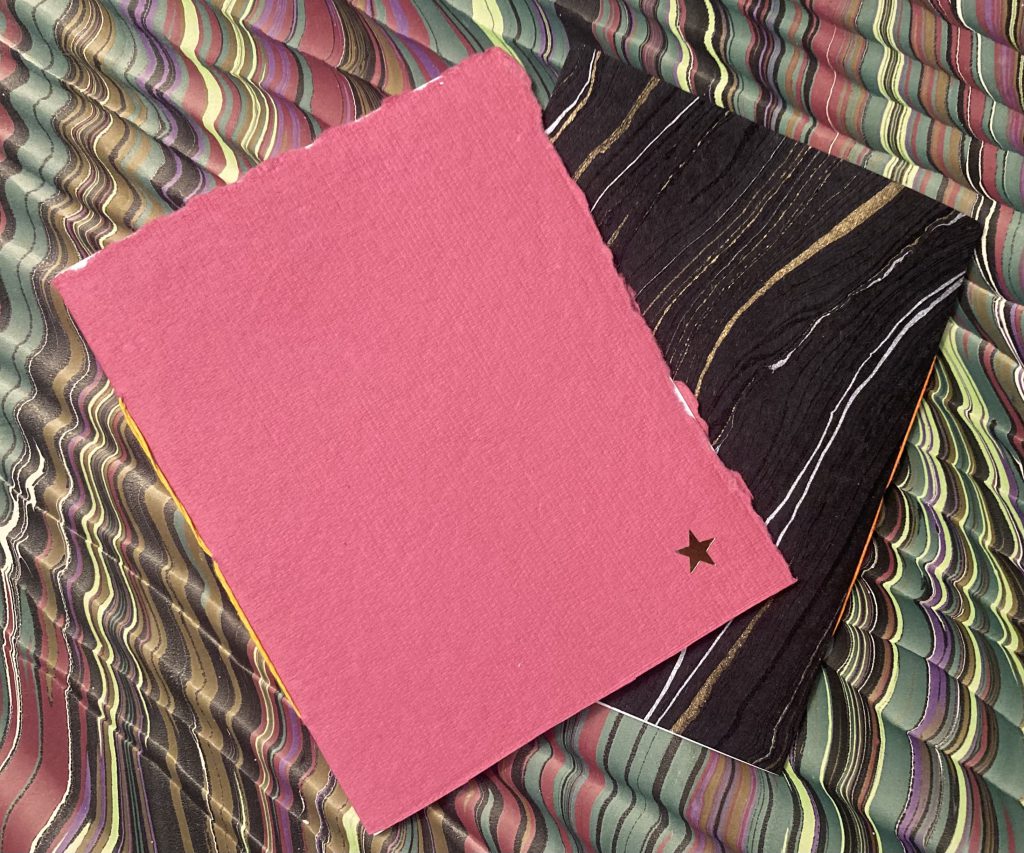
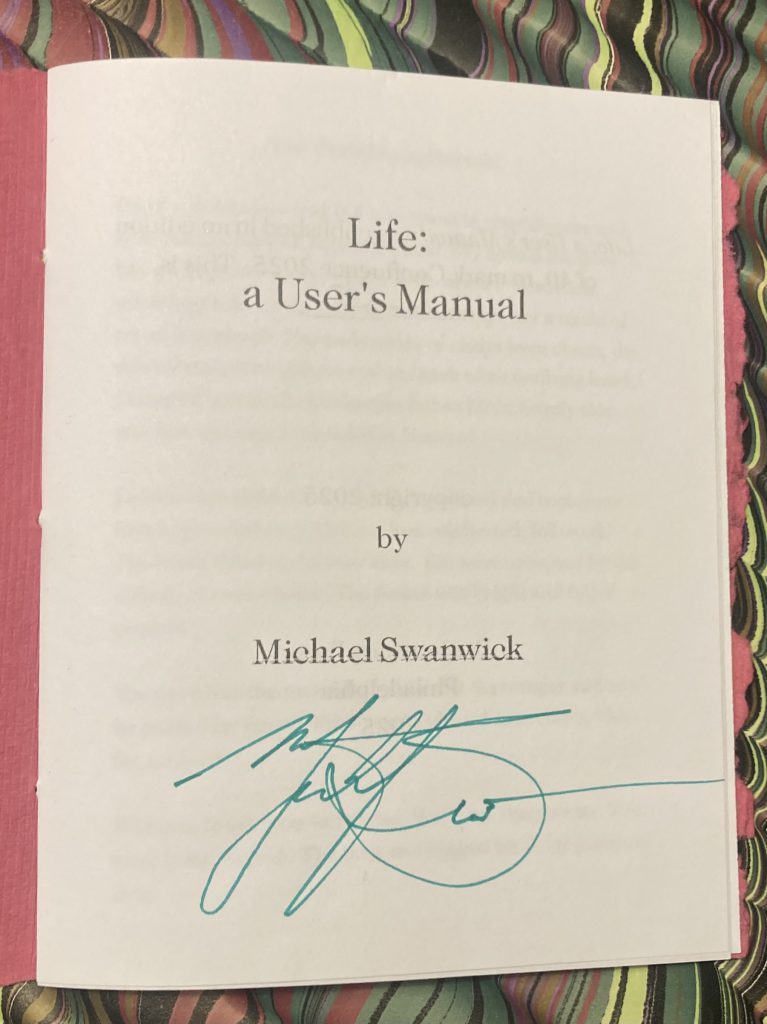
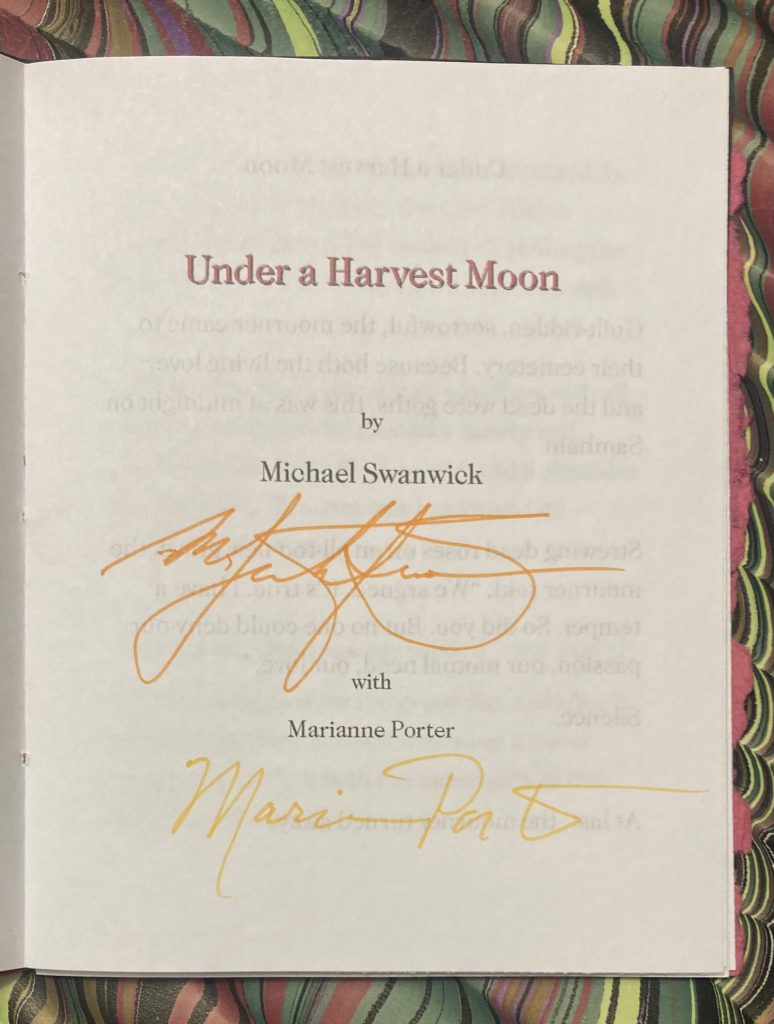
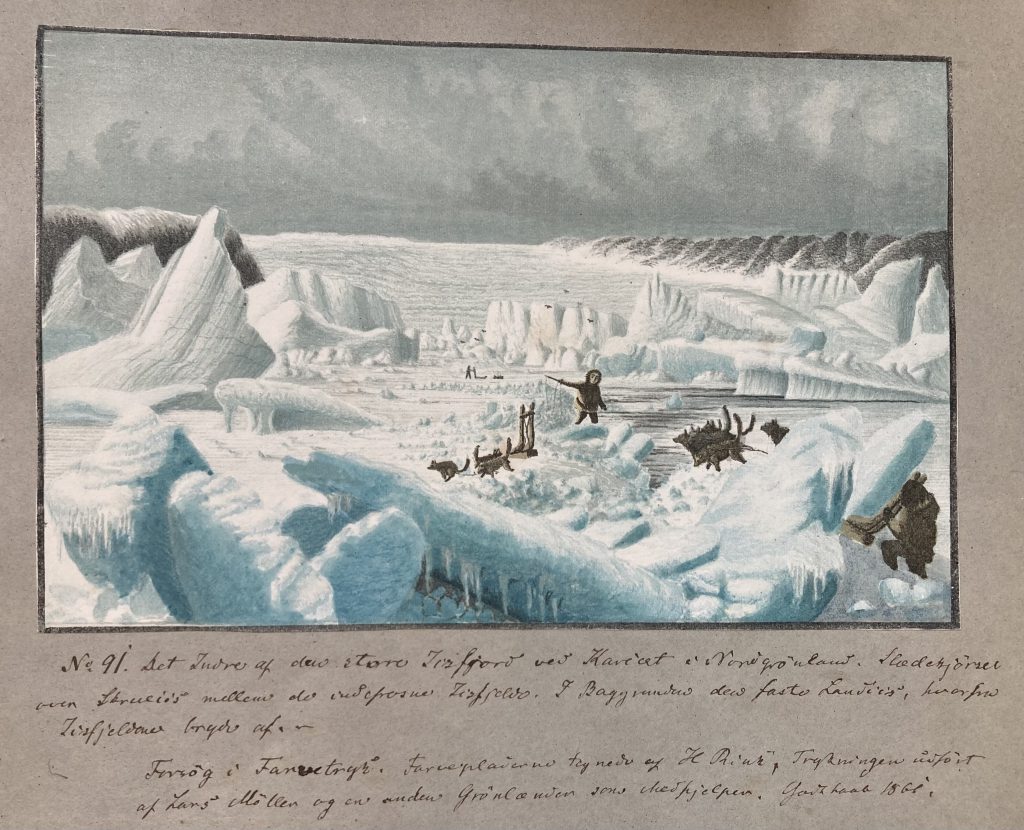
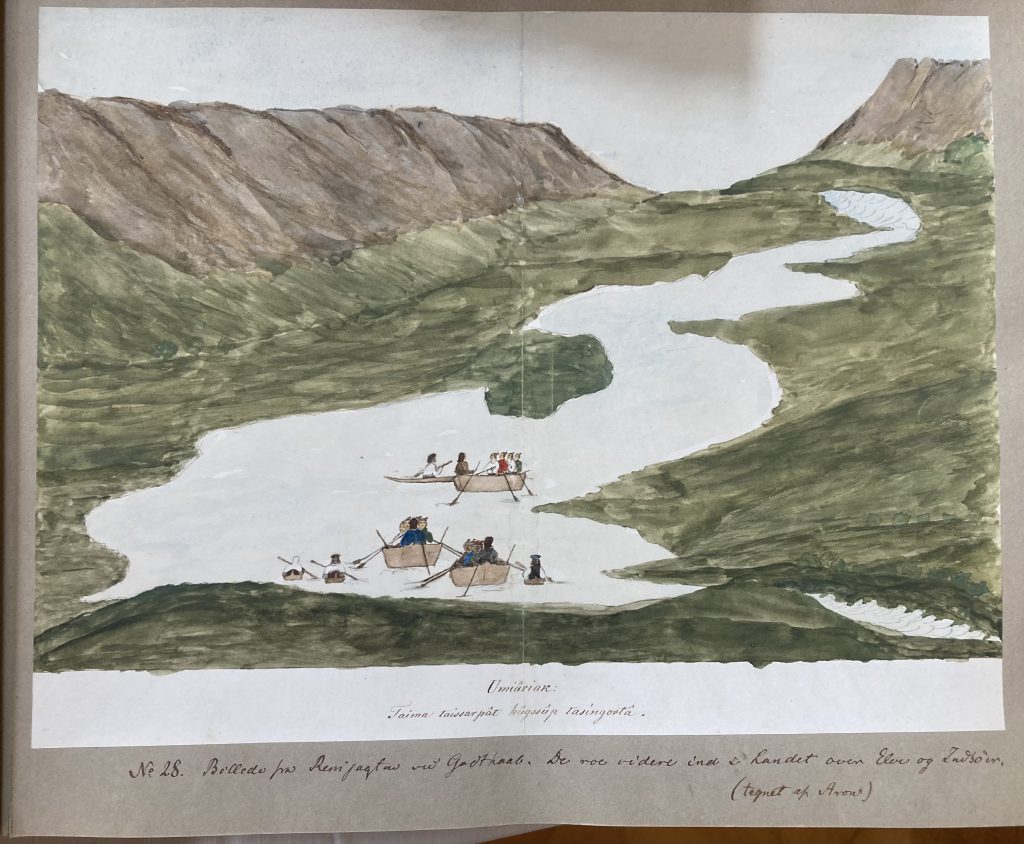
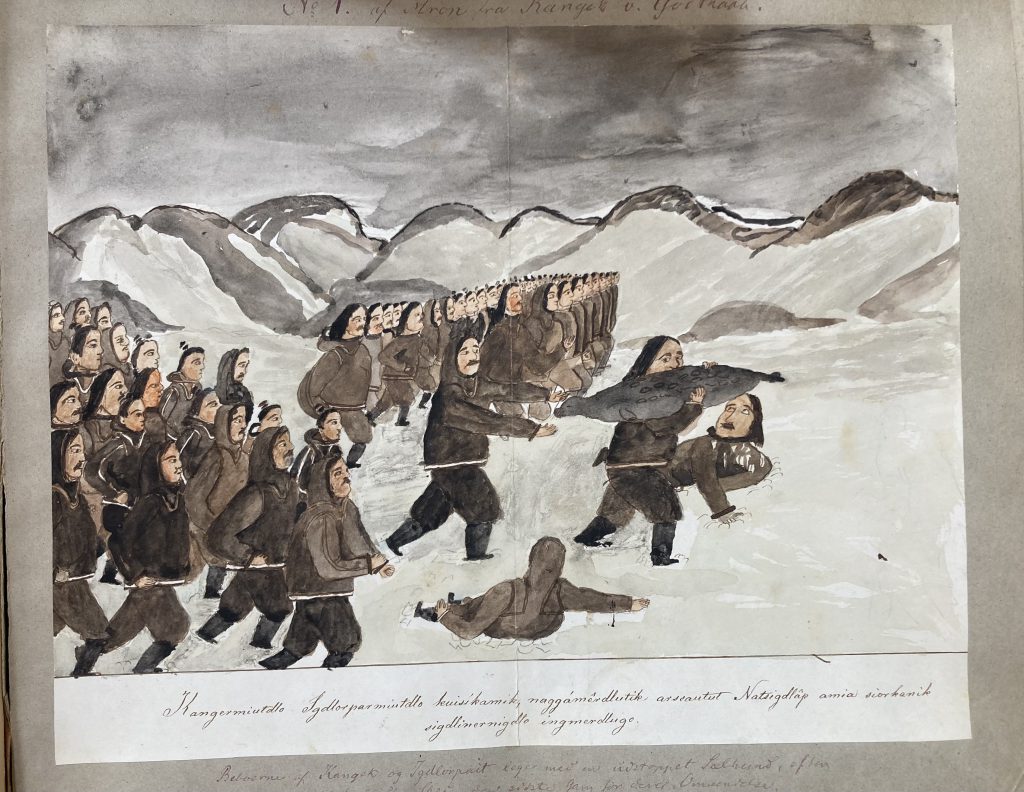

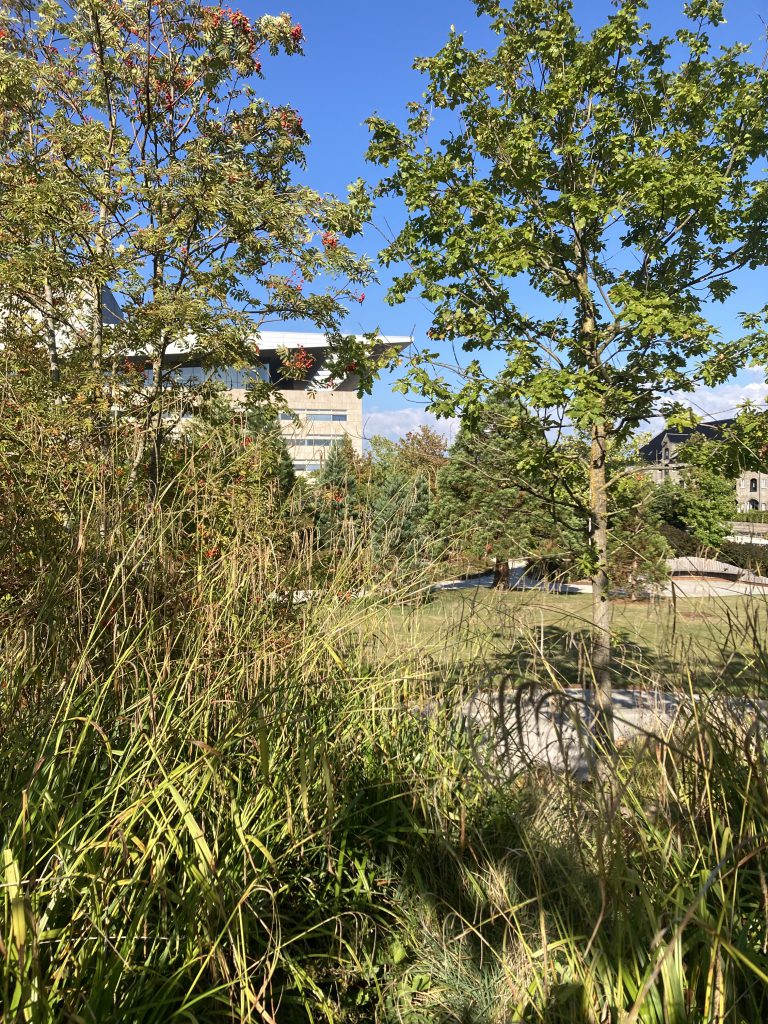
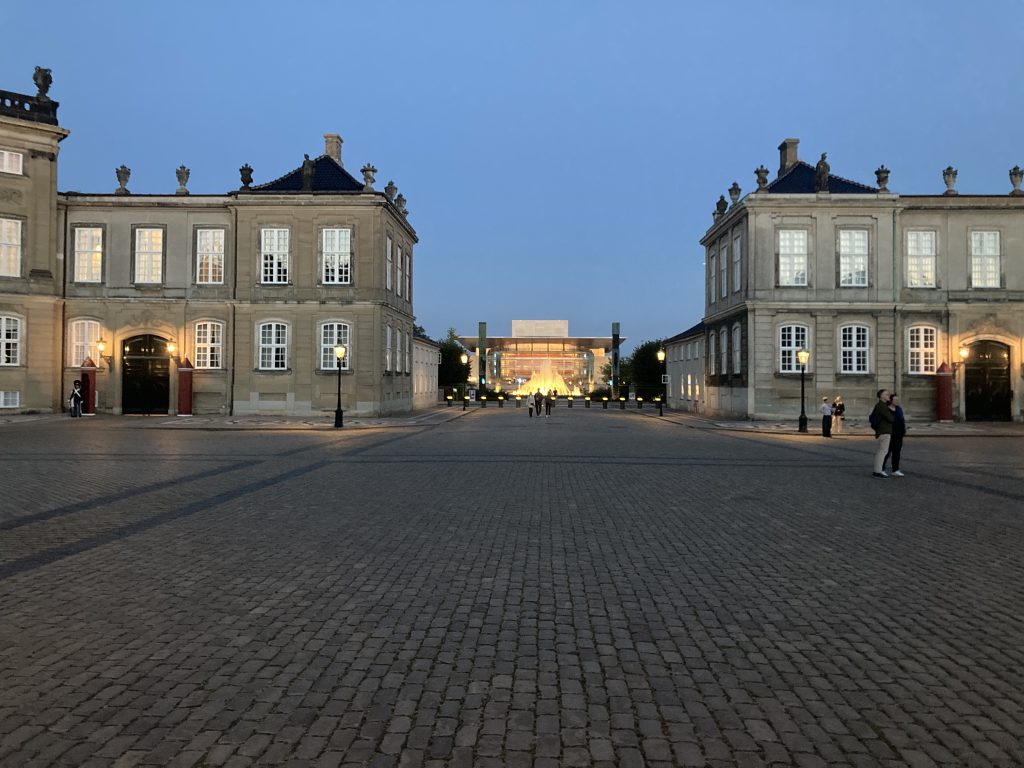
![Arne Jacobsen and Flemming Lassen. The House of the Future. [Copenhagen, 1929]. Drawing at the Royal Library in the Skatte / Treasures exhibition](https://endlessbookshelf.net/wordpress/wp-content/uploads/2025/09/IMG_2267-1024x984.jpeg)
